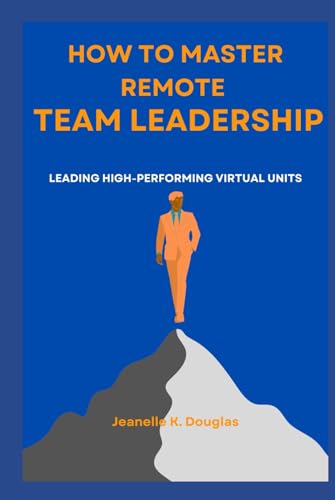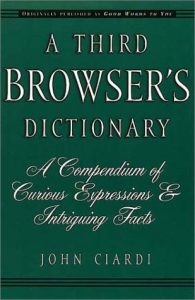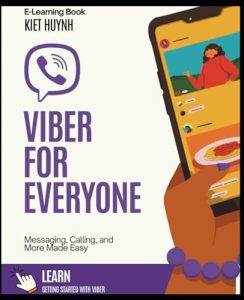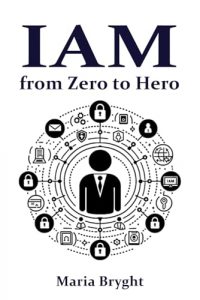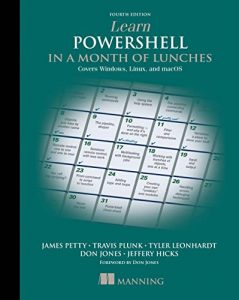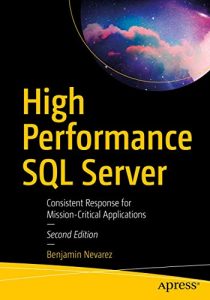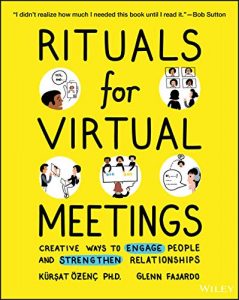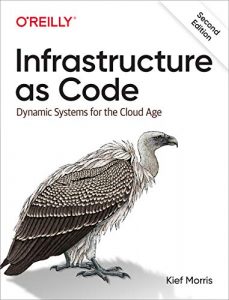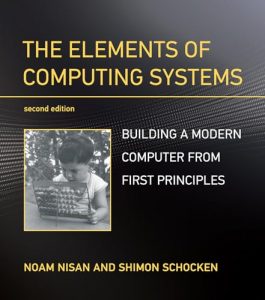1. HOW TO MASTER REMOTE TEAM LEADERSHIP: Leading High-Performing Virtual Units
In this groundbreaking book by Jeanelle K. Douglas, readers are introduced to the vital skills required to navigate the complexities of leading remote teams effectively. As organizations increasingly adopt virtual workplaces, mastering the art of remote leadership has become essential for achieving high performance. Douglas provides insightful strategies, real-world examples, and tools that empower leaders to foster engagement and productivity in their teams. Whether you are a seasoned leader or new to managing remote units, this book offers invaluable advice that will enhance your leadership style and drive results.
2. The Virtual CEO: How to Run Any Business on Autopilot from Anywhere Using Artificial Intelligence
Written by Dani Dennis and RICH FIFTH, The Virtual CEO is a transformative guide that harnesses the power of artificial intelligence to streamline business operations. This book is a game-changer for entrepreneurs seeking to optimize their workflows and enhance productivity while enjoying the freedom of remote work. With practical tips and actionable advice on automation, the authors empower readers to manage businesses efficiently from anywhere in the world. If you’re an aspiring entrepreneur, this book is a must-read that opens up new avenues for success.
3. Leadership Through Trust & Collaboration: Practical Tools for Today’s Results-Driven Leader
In this insightful book by Jill Ratliff, Patricia Chapman, and Morgan James Publishing, the authors explore the crucial elements of trust and collaboration in modern leadership. With a focus on building effective teams that deliver results, this book offers practical tools and strategies that leaders can implement immediately. It emphasizes the importance of fostering a culture of trust within teams, making it an essential read for anyone looking to improve their leadership capabilities and drive organizational success. The combined wisdom shared in these pages will surely resonate with leaders at all levels.
4. Mastering Remote Work with AI Tools (LEARN AI Book 3)
Aayush Paliwal’s Mastering Remote Work with AI Tools is an essential guide for anyone wanting to leverage artificial intelligence to enhance remote work productivity. This book explores AI tools that can streamline tasks, improve efficiency, and aid collaboration among dispersed teams. Paliwal’s easy-to-understand writing demystifies AI and highlights its potential in making remote work not just feasible but genuinely effective. For professionals adapting to the remote work paradigm, this book is a treasure trove of insights and practical applications that can propel career growth.
5. Hands-On Microsoft Teams: A practical guide to enhancing enterprise collaboration with Microsoft Teams and Office 365
João Carlos Oliveira Ferreira takes readers through a detailed exploration of Microsoft Teams in Hands-On Microsoft Teams. As remote collaboration tools become standard in many workplaces, this practical guide serves as a roadmap to master Microsoft Teams and Office 365. From simple navigation to complex functionalities, Ferreira covers it all, making it accessible for both novices and advanced users. This resource is perfect for anyone looking to enhance their team’s collaboration and effectiveness using modern digital tools. Your meetings will never be the same!
6. Connecting Your Students with the Virtual World: Tools and Projects to Make Collaboration Come Alive
Billy Krakower and Jerry Blumengarten’s Connecting Your Students with the Virtual World is an inspiring resource for educators aiming to engage students using digital collaboration. This book encourages innovative teaching practices and includes various tools and projects designed to foster collaboration among students, even in a virtual environment. It’s a crucial addition for teachers who want to enrich their classroom experience and ensure their students are equipped for the digital age. This guide is not only practical but remarkably impactful on students’ learning journeys.
7. Connected Teams: A Practical Guide to Digital Collaboration and Success
In Connected Teams, Shanti Lal Tailor advocates for a more connected approach to teamwork in the digital age. This practical guide delves into strategies, tools, and methods to ensure team collaboration is seamless and efficient. Whether you’re leading a small project team or a large organization, Tailor’s insights are essential for navigating the challenges of digital teamwork. The tools discussed in this book can empower teams to work together effectively, no matter where they are situated. This is a must-have for anyone involved in team dynamics.
8. Design Thinking PLCs: Revolutionize Teacher Collaboration
Brett Taylor’s Design Thinking PLCs is an innovative approach to fostering collaboration among educators. The book illustrates how to implement design thinking in professional learning communities to inspire teamwork and creativity in teaching. It’s a fantastic resource for teachers seeking to engage with their peers in a more impactful way. With practical exercises and strategies, Taylor helps educators drive meaningful collaboration that can significantly enhance student outcomes. This book is vital for any teacher looking to transform their collaboration efforts.
9. Distributed Team Collaboration in Organizations: Emerging Tools and Practices
For those looking to understand the broader landscape of remote teamwork, Distributed Team Collaboration in Organizations by Kathy L Milhauser is an exhaustive resource. This book outlines cutting-edge tools and practices that have emerged within the realm of distributed teams. Milhauser’s insights into team dynamics and communication are critical for leaders and managers striving to enhance effectiveness in remote settings. It’s an academic yet practical approach to understanding and improving team collaboration, making it suitable for practitioners and scholars alike.
10. THE ART OF MEETING MANAGEMENT: A Comprehensive Guide to Manage Professional Meetings, Virtual Meetings, Events, Conventions, and Expositions
J.W. Dionne’s THE ART OF MEETING MANAGEMENT is an essential guide for anyone looking to run effective meetings in the professional setting. This comprehensive resource covers all aspects of meeting management, including virtual and live settings. Dionne provides useful frameworks, best practices, and innovative strategies to ensure that meetings are productive and foster engagement. In a world where meetings often take away from productivity, this book serves as a valuable tool for leaders and teams aiming to enhance their meeting structures.

